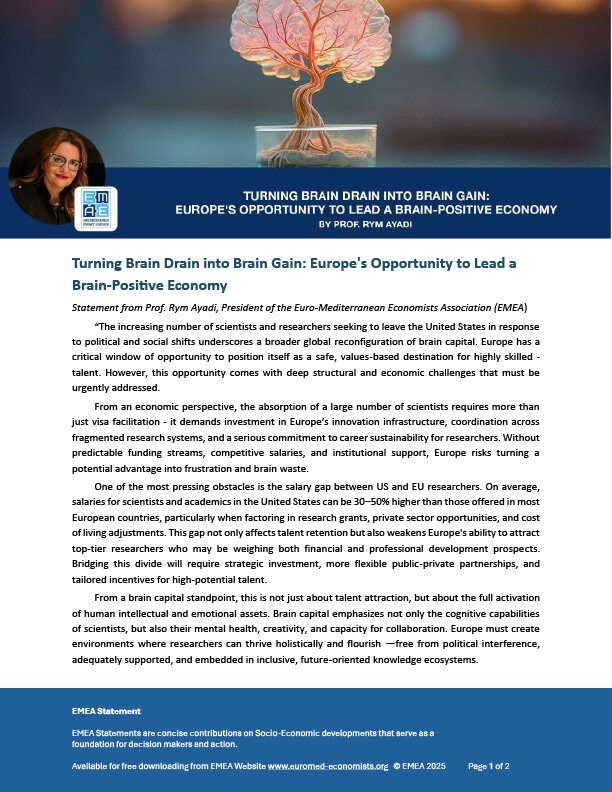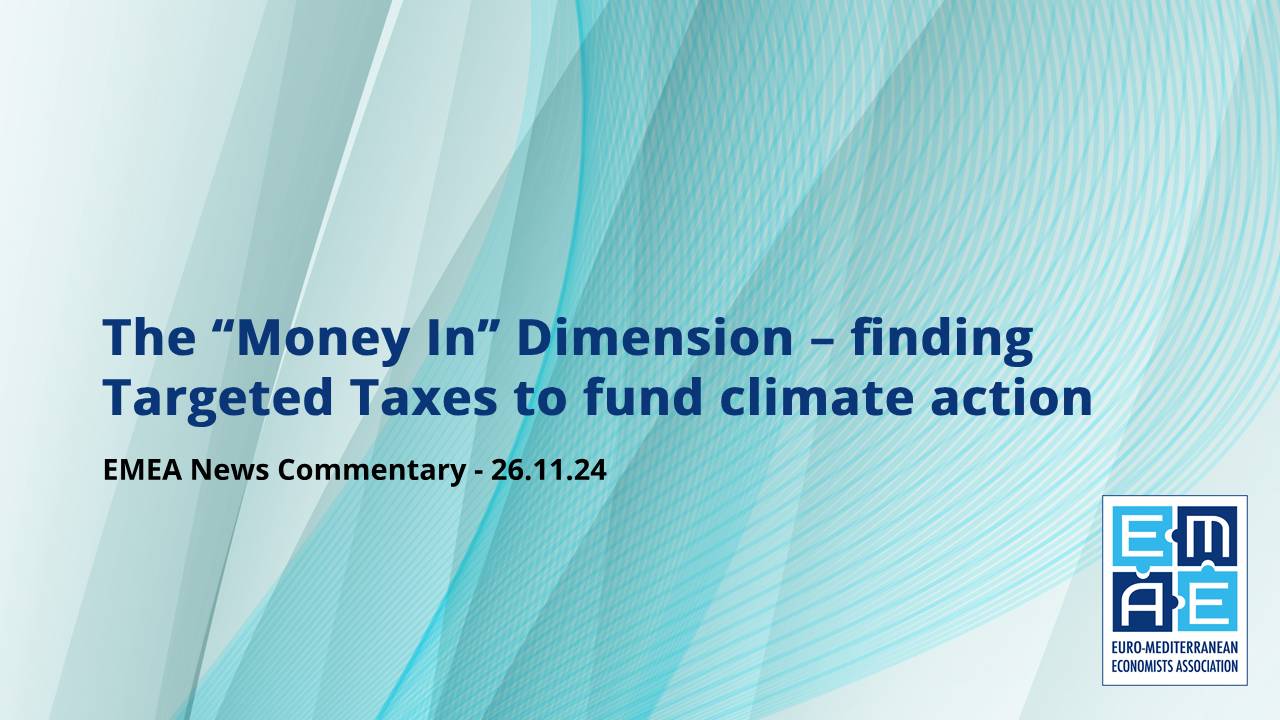Much of the debate at COP29 on international climate finance has centred on the amount of money developed nations should be setting aside for developing nations in response to climate impacts. That’s known as the “money out” element.
However, according to the Financial Times, governments will also need to seriously consider changes to tax regimes – the “money-in” dimension – if there is to be a major expansion of public climate finance.
Using the EU’s long-standing emissions trading scheme as an example, along with a raft of carbon taxes imposed by countries around the world, the FT says that “climate-related taxes and other revenue-raising approaches” are now increasingly coming into force.
But many governments have been reluctant to introduce new tax measures for green initiatives. The latest UK budget, for instance, revealed no new hikes in fuel taxes, to the anger of green campaigners.
Expanding coalition on climate-related taxes.
But the FT said it was significant to see a coordinated effort being made at COP29 by an expanding coalition on climate-related taxes.
The plan first surfaced at COP28, where a new international body was unveiled by the Barbadian, French and Kenyan governments.
At COP29, the 15-member Global Solidarity Levies Task Force (GSLTF) – with a secretariat led by the French economist Laurence Tubiana – released a new report, conveying a range of new international tax options. Tellingly, as many as 14 governments have backed the Task Force, including Colombia, Denmark, Senegal and Spain. To add credence, the European Commission, the African Union and Germany are acting as the body’s formal observers.
The GSLTF proposals for new climate financing levies include a levy of 0.1 per cent on equity and bond transactions, which they have calculated could raise as much as $418bn.
The FT said these levies are already in place in a number several countries and they don’t appear to have had any damaging effect on the financial sector, such as in the UK, where there has long been stamp duty on share transactions, currently standing at 0.5 per cent.
The report further reckons that $127bn per year could be raised from shipping emission levies. International talks on this being actioned are said to be well-advanced. In the aviation sector, there could be taxes imposed on jet fuel or frequent flyers. It’s been suggested this could raise up to $121bn.
Other new tax revenues could be generated from cryptocurrency transactions (raising $15.8bn annually) and on primary plastic production ($35bn).
Billionaires are also seen as a major source of revenue. A new global agreement may soon come into force, whereby up to 3,000 ultra rich individuals pay a 2% top up levy on net assets, for those currently contributing less than this figure of their net wealth. As much as $250bn could come from the so-called billionaire tax.
The Brazilians, who currently chair the G20 group of countries, are known to support the billionaire tax, seen by many economists as a realistic proposition. In October, G20 finance ministers and central bank governors resolved to build momentum for “effective taxation, including of ultra-high-net-worth individuals,” the FT reported.
Whilst Brazil now wants to reinforce commitment towards the billionaire tax, with a unifying statement from national leaders, there has been strong resistance from Argentinian President Javier Milei. A close ally of US president-elect Donald Trump, Milei has threatened to block the agreement on tax and recalled Argentine negotiators from COP29 in protest at the measures.
Competing “axes of taxes”
Indeed, with Trump being a consistent advocate of lower taxes on companies and wealthy individuals, many tax experts say that any international efforts around co-ordinated corporate taxation are now “in peril”, the FT report said.
Rival views could result in competing “axes of taxes,” the paper suggested. On one hand, a coalition of countries seeking global co-ordination on minimum tax levels, on the other a Trump-led White House and allies looking to block such a move.
Nevertheless, the FT said there was growing governmental support for making headway with the GSLTF proposals – despite the likelihood of a Trump presidency testing their enthusiasm. “For some advocates of this agenda, an overhaul of tax systems will be indispensable if the world is to achieve its climate goals,” the paper opined.
Colombian environment minister Susana Muhamad said international tax cooperation was one of the most powerful tools available to governments. Tax changes would alter economic incentives so that they aligned with lower-emissions trajectories. They would also provide a “consistent, predictable” source of finance for global climate action,” she said.
“We need more public finance – and the way governments get public finance is through taxes,” Muhammad added.





